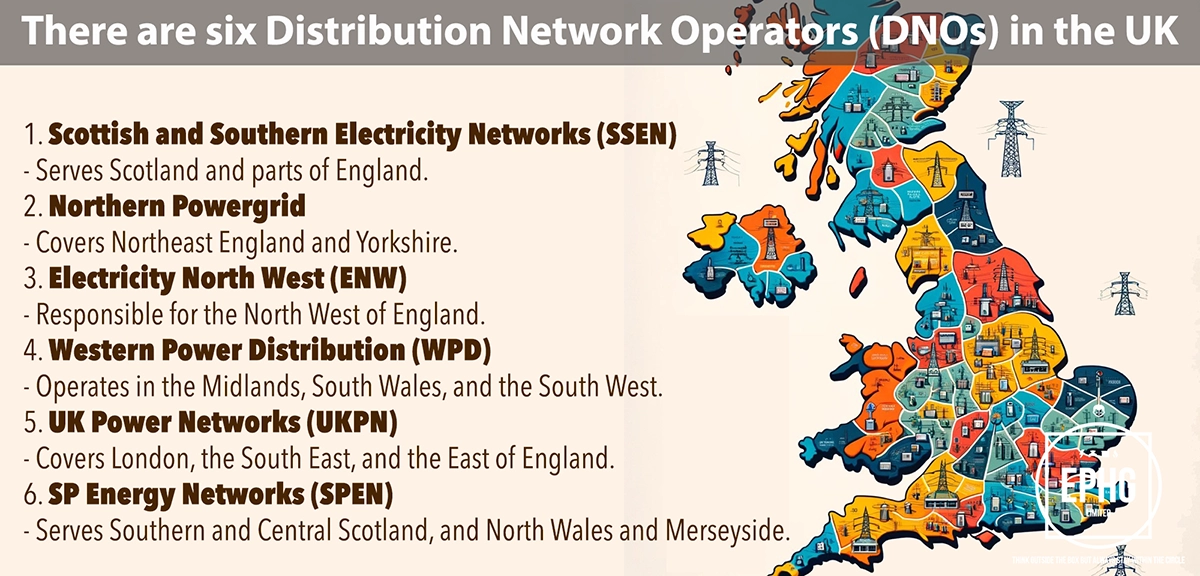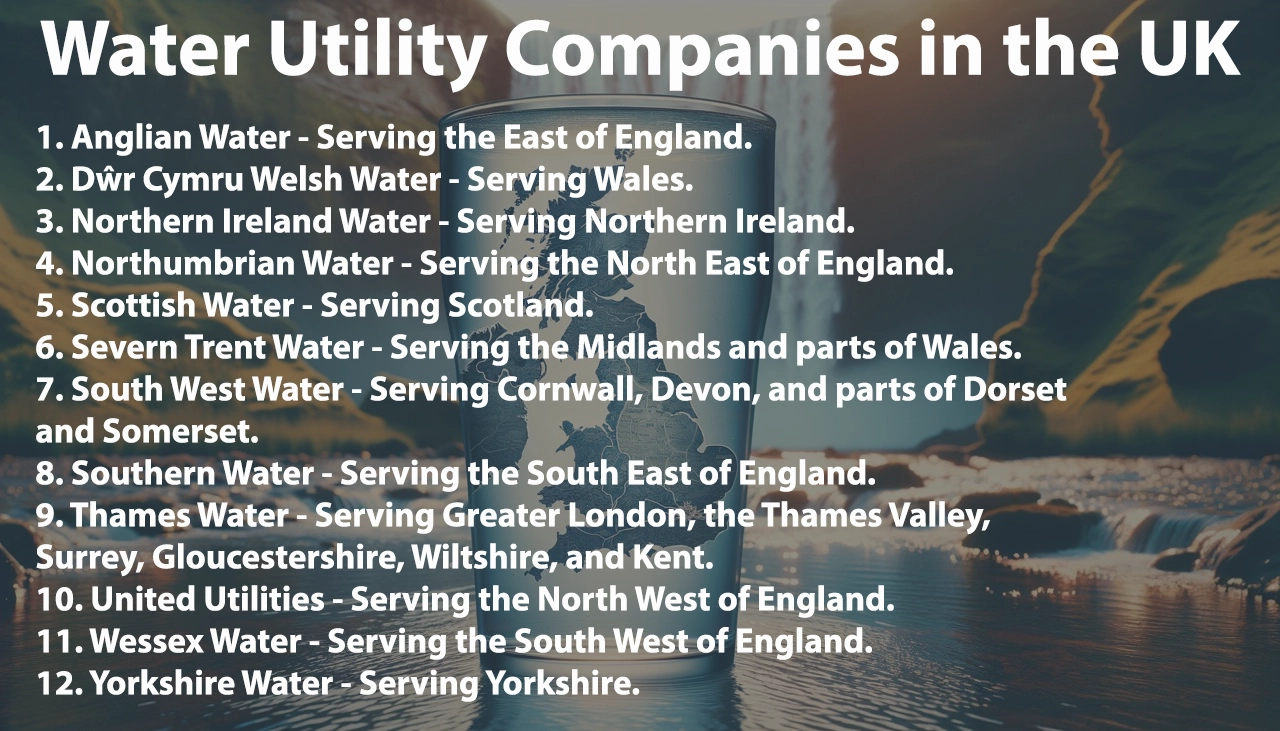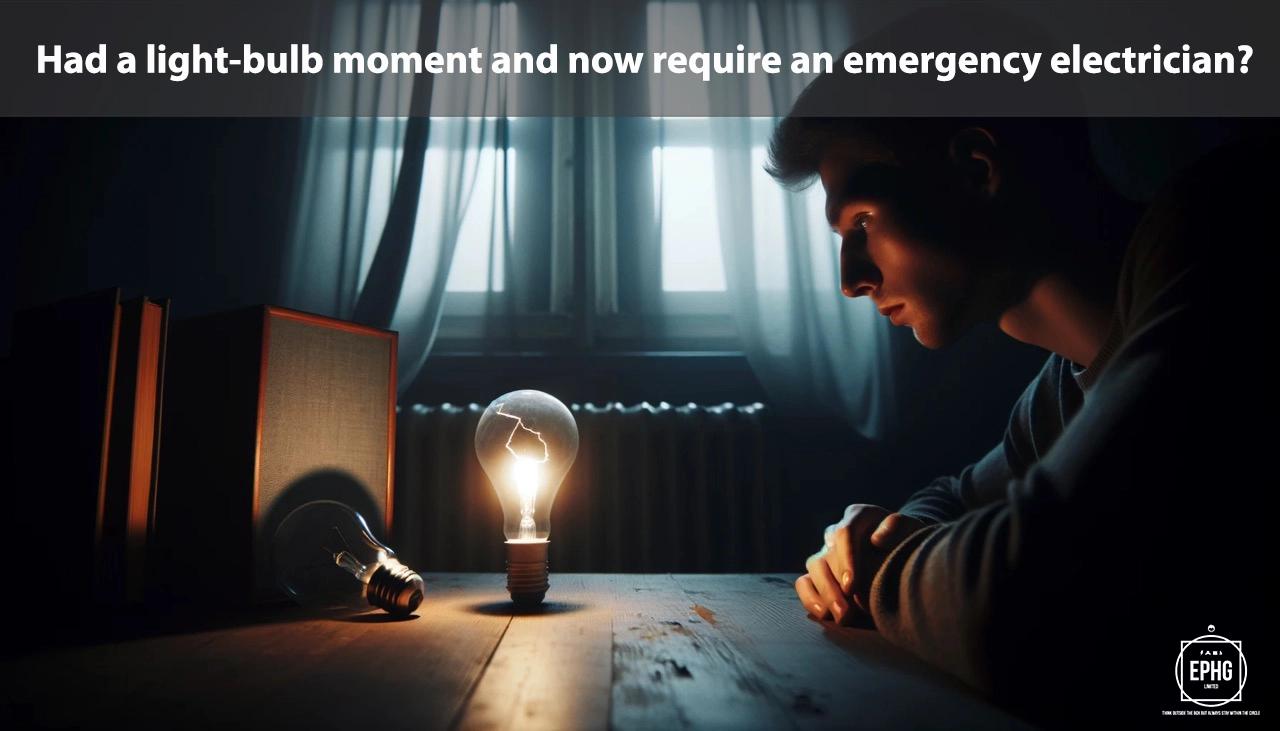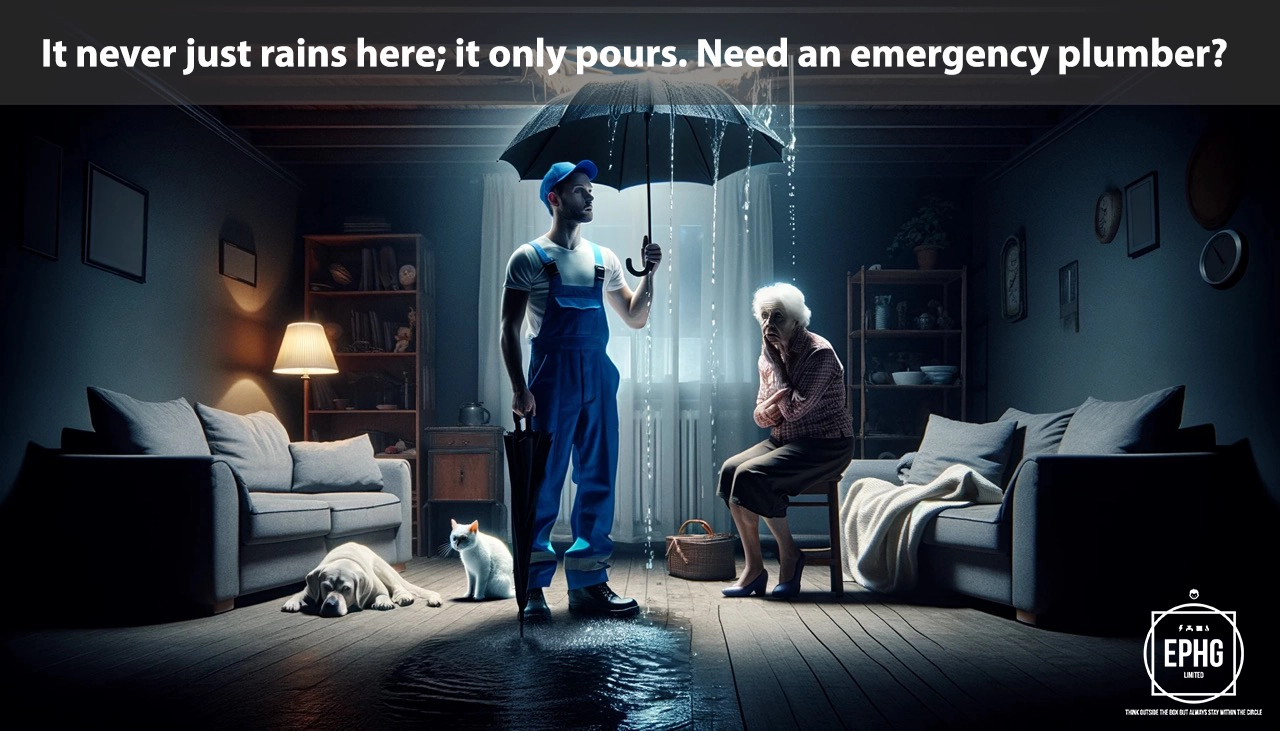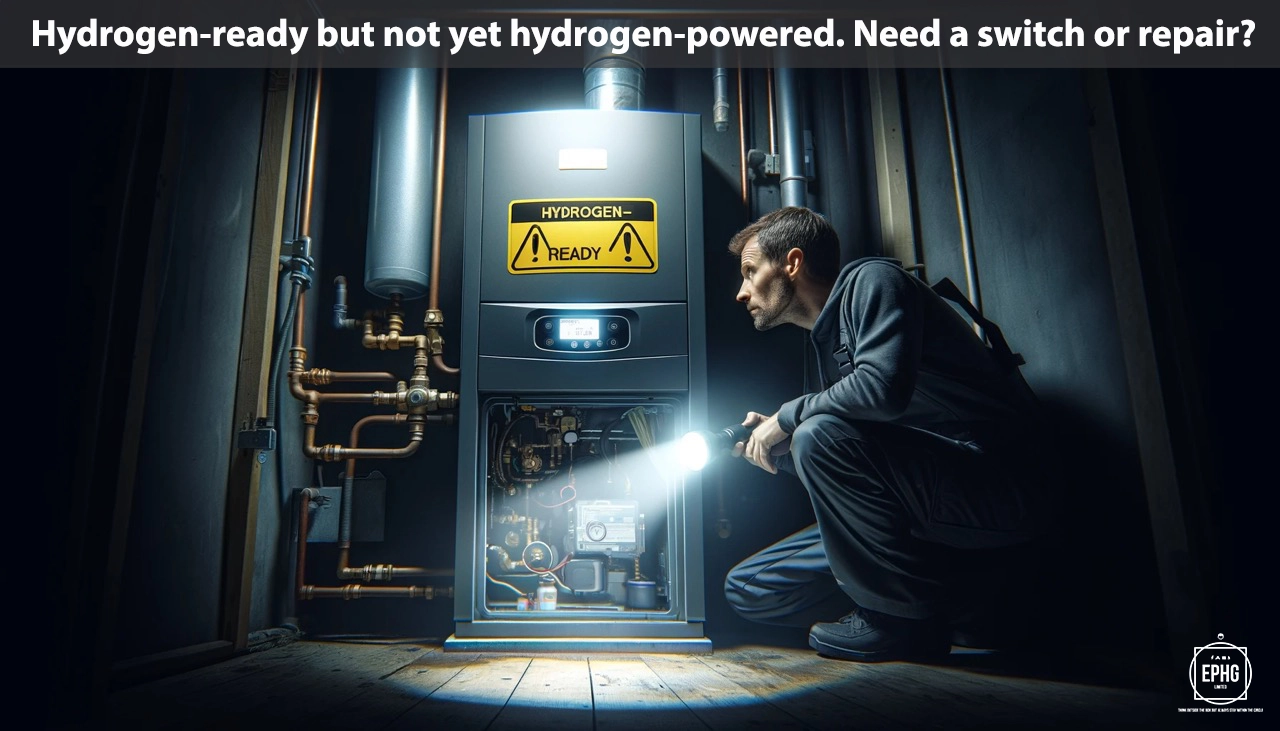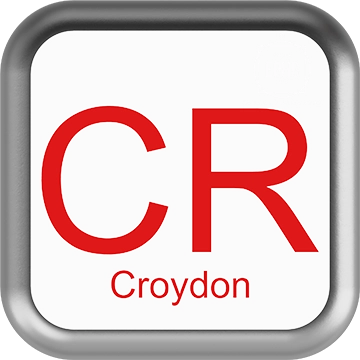
CR Postcodes for Utilities & Services in Croydon
Introduction: The CR postcode area, encompassing Croydon and its nearby locales, serves as a vital conduit between urban and suburban life in Greater London. In this guide, we'll explore essential utilities such as water and electricity that are fundamental to the region's daily operations and overall well-being.
Water in Croydon
Where does the water supply come from in Croydon, and is there ever a shortage of water?
Croydon's primary water supply is derived from a combination of surface water sources, such as rivers and reservoirs, and groundwater aquifers. These sources are meticulously managed and treated to meet stringent health and safety standards before reaching consumers. Despite Croydon's robust water supply system, the area, like many parts of Southeast England, can be vulnerable to periods of low rainfall and increasing demand due to population growth. To address this, water companies in the region engage in active water resource management, including conservation campaigns and infrastructural investments to ensure sustainability. Residents are encouraged to participate in water-saving measures, contributing to the area's resilience against potential water shortages.
What is the hardness & quality of the water in Croydon, and can this affect your health?
The water in Croydon is typically classified as 'hard' due to its passage through chalk and limestone areas, which leads to higher levels of calcium and magnesium. While hard water can result in scaling in appliances and affect the efficiency of soaps and detergents, it is not harmful to health and can contribute beneficial minerals. The water quality is consistently monitored and treated to ensure it remains safe for all household uses. Residents concerned about the effects of hard water can consider using water softeners or filters to manage its impact. The local water providers continue to prioritize high standards of water quality to ensure safety and satisfaction for all users.
Electricity in Croydon
Where does the electric supply come from in Croydon, and what is the future of energy there?
Croydon's electricity supply is derived from a diverse mix of sources, including national grid connections predominantly powered by nuclear, gas, and renewable energy sources. The area is witnessing a growing emphasis on sustainability, marked by the introduction of solar panels and initiatives for wind energy. Furthermore, Croydon is exploring innovative energy solutions such as urban renewable projects and energy efficiency programs aimed at reducing demand and carbon emissions. The future of energy in Croydon is geared towards a greener, more sustainable model, aligning with broader national goals for clean energy. Efforts include bolstering renewable energy usage, improving energy efficiency in buildings, and potentially integrating new technologies like battery storage and smart grids to enhance the reliability and sustainability of the power supply.
When is hydrogen coming to gas boilers in Croydon?
The transition to hydrogen gas boilers in Croydon is part of a larger, national shift towards greener energy sources, echoing the UK's commitment to achieve net-zero carbon emissions. Although the timeline for full implementation is still being determined, pilot projects and hydrogen-ready boiler installations are anticipated to start in the coming years. Residents of Croydon will be informed and guided through the transition by local authorities and energy providers. The change aims to decrease the environmental impact of residential heating and contribute to the broader goals of reducing the carbon footprint. Residents are advised to keep their heating systems well-maintained and stay updated on new developments as the community moves towards cleaner, hydrogen-based heating solutions.
Where Does the Wastewater Go in Croydon
In Croydon, managing wastewater efficiently is essential for sustaining the area's health and environmental standards. The city's sewage is collected and processed at local wastewater treatment facilities, where it undergoes rigorous cleaning to remove pollutants and contaminants. Advanced treatment processes ensure that the water meets strict regulatory standards before being released back into the environment. The primary goal is to prevent pollution and protect the natural watercourses in and around Croydon, including the River Wandle and other local streams. The commitment to maintaining high-quality wastewater treatment demonstrates Croydon's dedication to environmental protection and public health, showcasing ongoing efforts to improve infrastructure and sustainability practices.
Regions and Services:
The CR postcode area showcases a dynamic mix of urban and suburban landscapes, from the bustling districts of Croydon to the peaceful residential areas on the outskirts. Key regions include:
- Croydon Town: A central hub for urban utility development, featuring sophisticated electrical, gas, and broadband infrastructures to support a growing population and business community.
- Purley, South Croydon, and Coulsdon: Suburban towns that blend modern amenities with traditional charm, offering a mix of residential and commercial services while increasingly focusing on green energy solutions.
- Warlingham, Thornton Heath, and Selsdon: Areas characterized by quieter, family-friendly environments, where initiatives for sustainable living and renewable energy use are becoming more prevalent, enhancing the quality of local utilities.
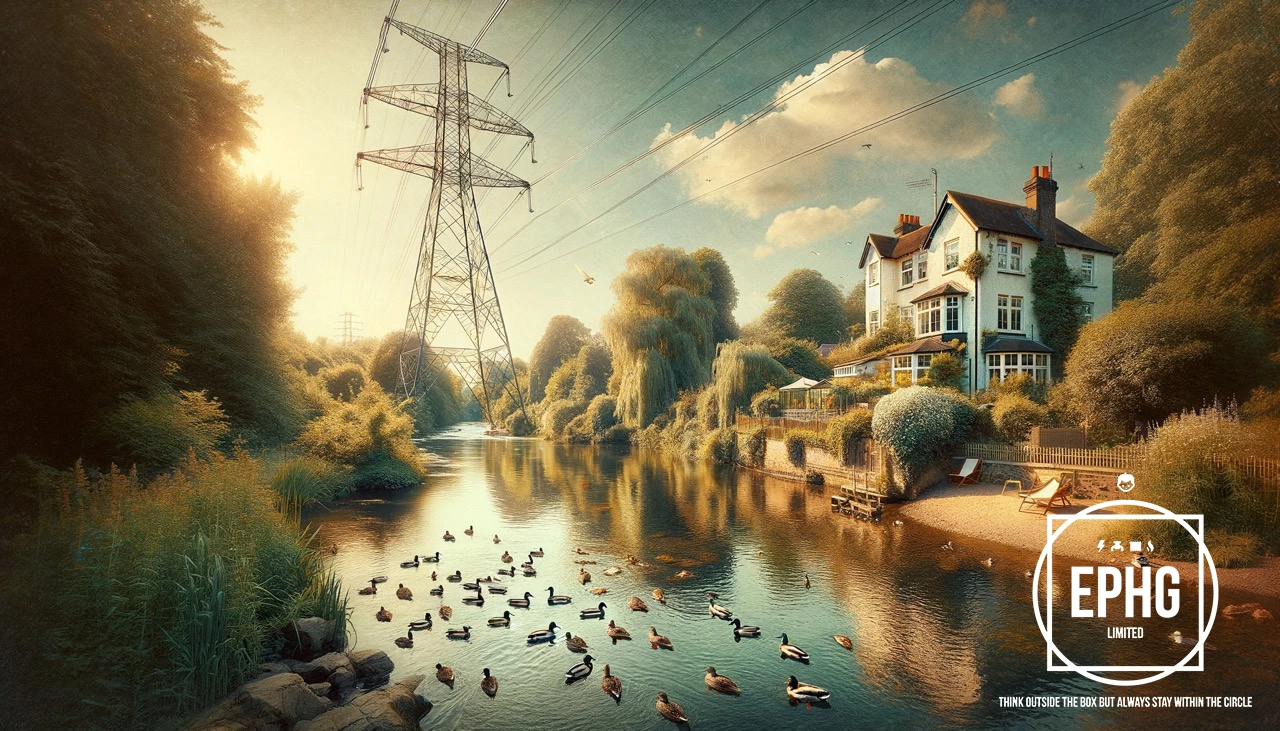
Regions within the CR Postcode
Croydon and Surrounding Areas
- CR0: Central Croydon, Addiscombe, Shirley, Addington
- CR2: South Croydon, Sanderstead, Selsdon
- CR3: Caterham, Whyteleafe, Chaldon, Woldingham
- CR4: Mitcham, Beddington Corner
- CR5: Coulsdon, Chipstead, Woodmansterne
- CR6: Warlingham, Chelsham, Farleigh
- CR7: Thornton Heath
- CR8: Purley, Kenley
Extended Surrounding Areas
- CR44: Non-geographic (Croydon)
- CR90: Non-geographic (Croydon)
